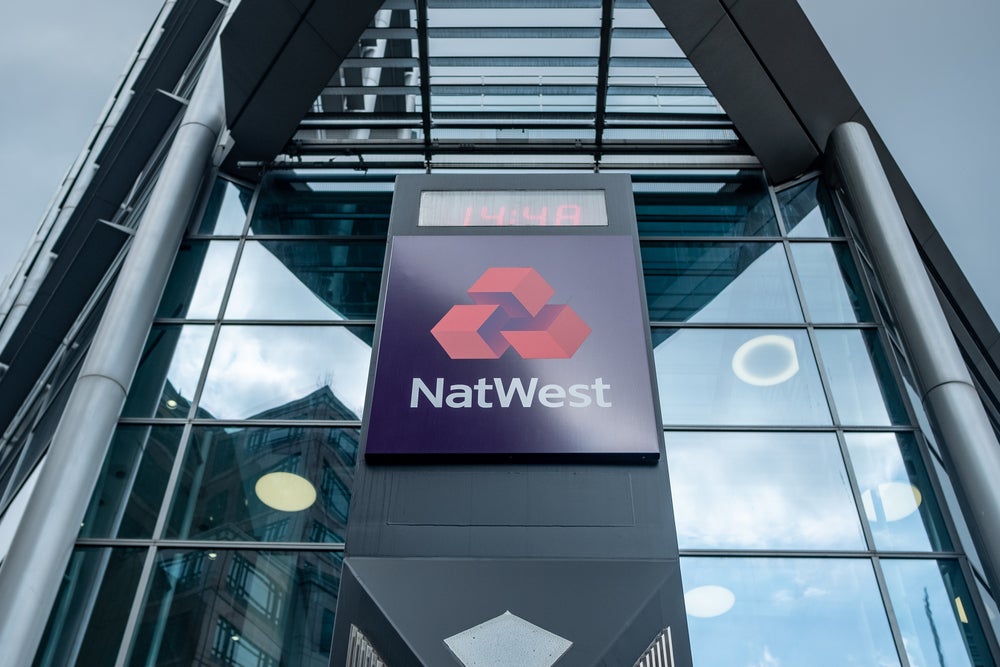
Sometimes, when you want true answers, you need to go straight to the source. With that in mind, PBI asked ChatGPT what it thought about the future of AI in private banking. ChatGPT writes
Artificial intelligence (AI) and machine learning (ML) have been making significant inroads into various industries, and private banking is no exception. Private banks are leveraging AI and ML technologies to enhance their services, streamline their operations, and improve their customers’ experience.
Private banking has always been a relationship-driven business, where clients expect personalized services and bespoke investment strategies. With AI and ML, private banks can now gather vast amounts of data about their clients, analyse it, and provide tailored solutions in real-time.
Advantages
One of the main advantages of AI and ML is their ability to process large datasets quickly and efficiently. Private banks can leverage these technologies to analyse market trends, predict future outcomes, and identify investment opportunities. For example, ML algorithms can help identify patterns and anomalies in financial data that may be missed by human analysts. This data can then be used to optimize investment portfolios, minimize risks, and generate better returns for clients.
AI and ML can also help private banks with compliance and risk management. With the increasing regulatory requirements, private banks must ensure that they comply with the relevant laws and regulations. AI can be used to monitor transactions, flag suspicious activities, and identify potential compliance violations. This can help private banks to reduce the risk of regulatory fines and reputational damage.
Another way AI and ML can impact private banking is through chatbots and virtual assistants. Chatbots are AI-powered programs that can interact with customers and provide assistance with their banking needs. Virtual assistants can help customers with routine tasks such as transferring funds, paying bills, and checking their account balances. This can free up private bank staff to focus on more complex tasks such as investment advisory and portfolio management.
How well do you really know your competitors?
Access the most comprehensive Company Profiles on the market, powered by GlobalData. Save hours of research. Gain competitive edge.

Thank you!
Your download email will arrive shortly
Not ready to buy yet? Download a free sample
We are confident about the unique quality of our Company Profiles. However, we want you to make the most beneficial decision for your business, so we offer a free sample that you can download by submitting the below form
By GlobalDataAI and ML can also be used to automate back-office functions such as account opening, document processing, and record-keeping. This can reduce the time and resources required to complete these tasks, leading to cost savings and improved efficiency.
Challenges with AI in private banking
Despite the many benefits of AI and ML, there are also potential challenges. One of the main challenges is the risk of bias. AI algorithms are only as unbiased as the data they are trained on. If the data used to train an algorithm is biased, the algorithm may perpetuate that bias. This can lead to unfair or discriminatory outcomes, particularly in areas such as lending or credit decisions.
Another challenge is the potential for cyber threats. As private banks rely more on digital technologies, they become more vulnerable to cyber attacks. Cybersecurity threats such as data breaches, phishing attacks, and ransomware can compromise customer data and erode trust in the bank.
In conclusion, AI and ML are transforming the private banking industry. They can help private banks to offer personalised services, optimise investment strategies, improve compliance and risk management, and automate back-office functions. However, private banks must also be aware of the potential challenges and take steps to mitigate them. With the right strategies in place, private banks can leverage AI and ML to stay ahead of the competition and provide better services to their clients.







